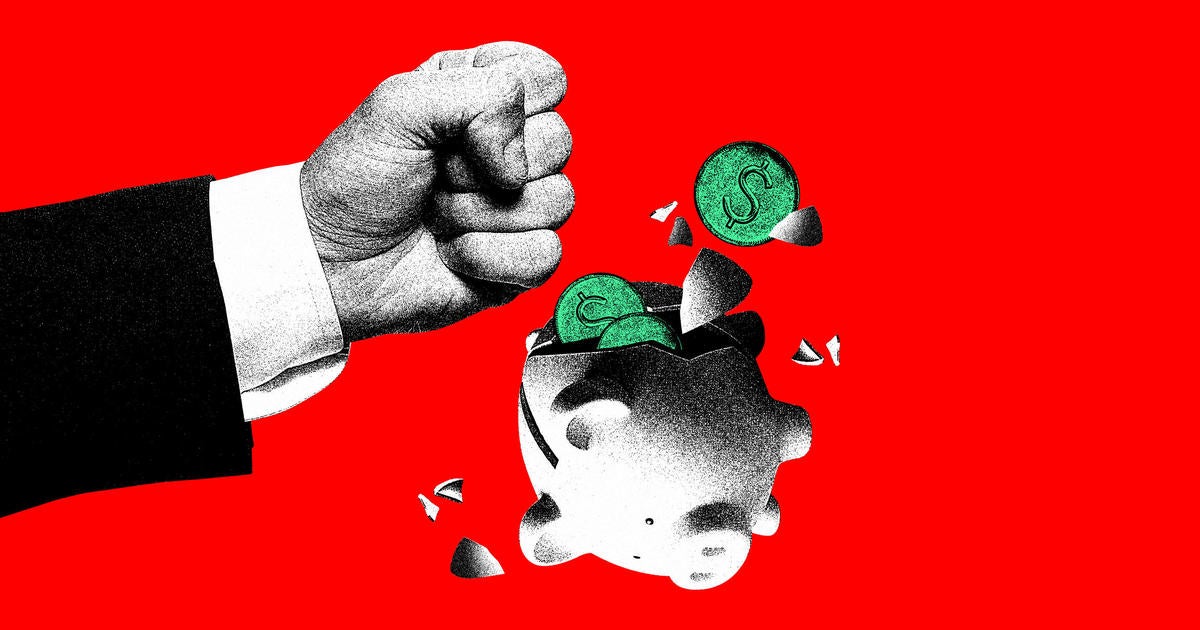Getty Images
Receiving a call from a debt collector can be an unsettling experience, especially if you’re unsure whether the debt is legitimate or whether the debt collector has the right to pursue it. After all, mistakes can happen — and if they do, you could end up with someone else’s debts being tied to your name and your credit. In fact, about 53% of the debt collection complaints filed with the Consumer Financial Protection Bureau in 2023 were regarding attempts to collect debts that were not owed, according to the CFPB’s 2024 Fair Debt Collection Practices Act report.
Luckily, there are protections in place to keep you from paying for debts that you don’t owe. For example, when a debt collector contacts you, they are legally obligated under the Fair Debt Collection Practices Act (FDCPA) to provide specific details about the debt. This information allows you to determine whether the debt is valid and whether the collector has the right to pursue payment. This debt verification process ensures that collectors adhere to legal requirements and that you aren’t unfairly targeted.
But what proof must credit card debt collectors provide to you — and what happens after you request this information? Knowing this information can help protect you from paying for debts that are not yours, have already been settled or have passed the statute of limitations.
Learn how to get rid of your credit card debt for less than what’s owed.
What proof must credit card debt collectors provide for a debt?
When a debt collector contacts you about a credit card debt, they must provide clear and accurate documentation to validate the debt they are attempting to collect. This information typically includes:
- A copy of the original credit card agreement with your signature
- Account statements showing the debt amount, including charges, payments and interest
- Documentation showing the collector’s right to pursue the debt
- Records demonstrating the chain of ownership if the debt has been sold
- A detailed accounting of the total amount owed, including fees and interest charges
Without these details, the debt collector cannot legally compel you to pay the debt.
When you receive a debt collection notice, you have the right to request validation of the debt within 30 days of the initial contact. Once you submit this request in writing, the debt collector must pause all collection activities until they provide the required proof. Here’s what typically happens during this process:
- Debt validation: The debt collector will gather the necessary documents and send you a response. This response should include all the required details, such as the amount owed, the original creditor’s name and any supporting documentation.
- Review and response: Once you receive the validation documents, review them carefully. Check for discrepancies, such as incorrect amounts, unfamiliar accounts or missing documentation.
- Debt dispute: If you believe the debt is not valid, you can send a written dispute to the debt collector that explains why you think the debt is incorrect or unenforceable. Be sure to include copies of any supporting evidence during this process.
- Resolution: Depending on the outcome, the debt collector may correct errors, drop the claim or continue pursuing the debt if they can provide sufficient proof.
Find out how to tackle your old credit card debt now.
How can I get rid of my old credit card debt?
If you request proof that a debt is yours and find that it’s valid, there are several strategies you can use to manage or eliminate it, including:
- Debt settlement: Debt settlement, also known as debt forgiveness, allows you to negotiate with creditors or collection agencies to settle the debt for less than the full amount owed. This can reduce your balance by 30% to 50%, on average, if negotiations are successful.
- Debt consolidation: Combining multiple debts into a single loan with a lower interest rate can simplify your payments and potentially save you money over time.
- Credit counseling: Credit counseling agencies can help you create a debt management plan to pay off your debts systematically.
- Bankruptcy: Filing for bankruptcy can discharge certain debts. However, this option has significant long-term consequences for your credit and financial standing, so it should typically be used as a last resort.
The bottom line
When dealing with credit card debt collectors, knowledge is power. You have the right to demand proper documentation of any debt they claim you owe, and you should never make payments on a debt without first verifying its legitimacy and the debt collector’s right to pursue it. If a debt collector contacts you, respond in writing within 30 days to request debt verification. This protects your rights and forces the collector to prove the debt is valid before proceeding with collection efforts. And remember that the burden of proof lies with the debt collector — they must demonstrate both that you owe the debt and that they have the right to collect it.
Grub5


